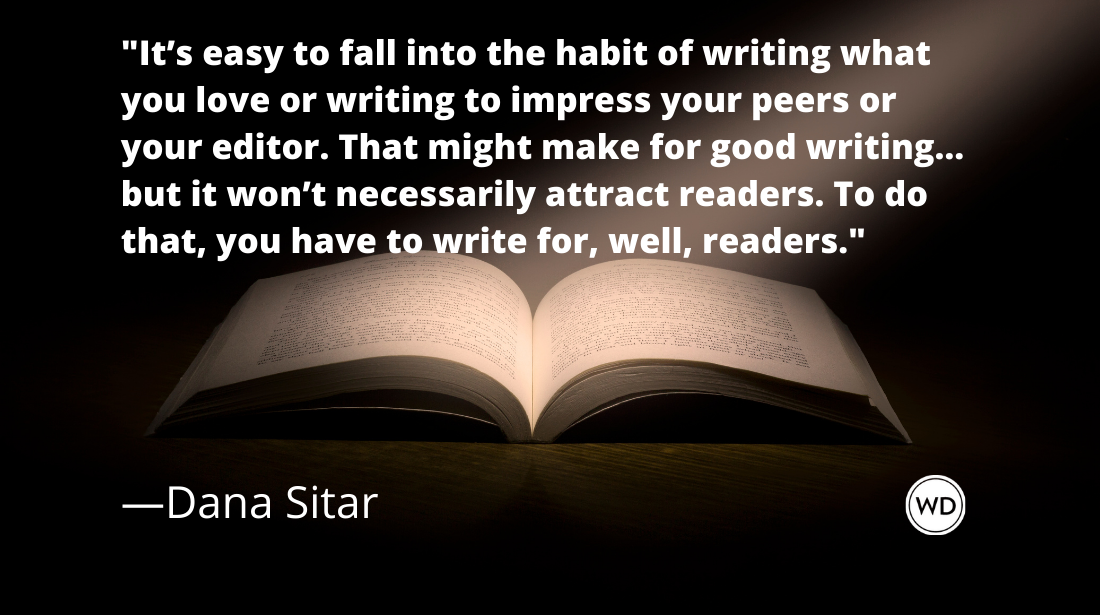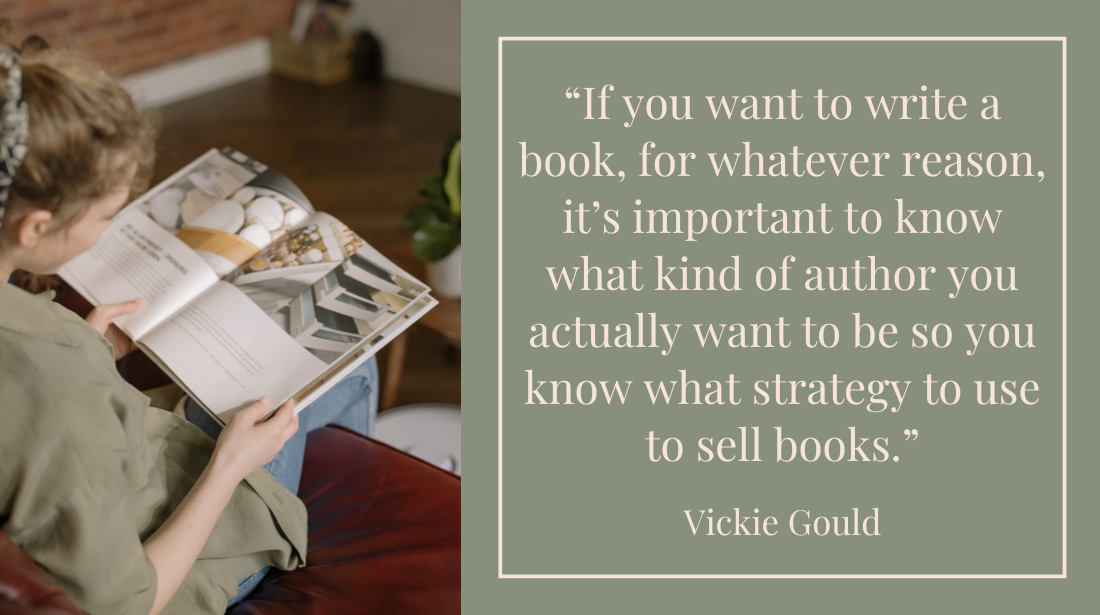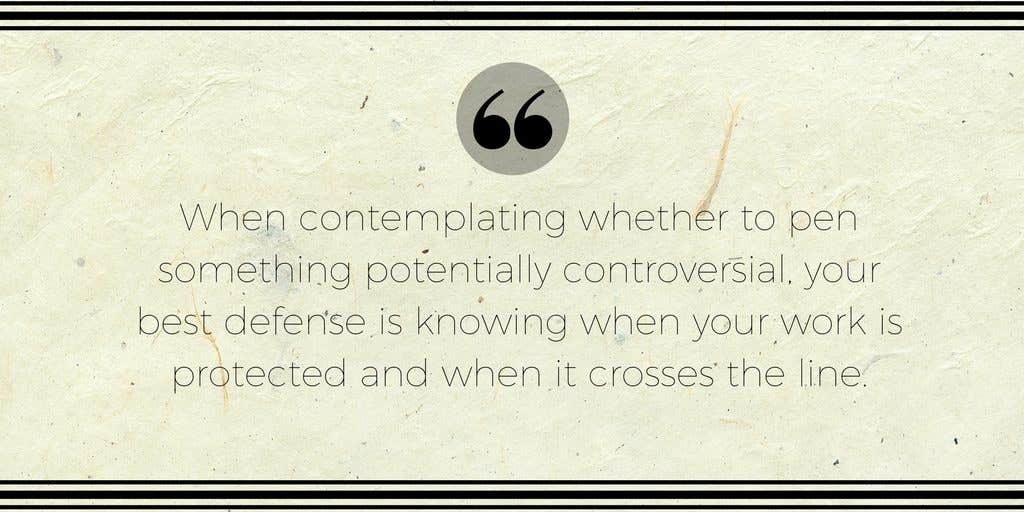What’s the Deal?
Here’s the truth about advances, foreign rights and what to expect with the sale your first book.
No one appears immune to fantasies of overnight fame and fortune—certainly not authors, and especially not first-time authors. And every year, a half-dozen or so new writers do, indeed, sign for six-figure advances.
"First-time authors may think every book deal is $150,000 and up, because that's what gets reported," says Sara Nelson, editor in chief of Publishers Weekly. The reality, she says, is that "most books get much, much, much smaller advances."
What the majority of writers can realistically expect from the sale of their first publishing deal are low advances and little support from their publisher as they go back to their day jobs and start working on their next book. But understanding the marketplace can work to new authors' advantage, keeping them writing and creating opportunities down the road.
PUBLISHING: THE REALITY SHOW
In most cases, for first books, publishers pay anywhere from a $2,500 to a $15,000 advance for fiction, slightly more for nonfiction.
From the publishers' perspective, most first novels don't garner enough attention—or sales—to justify five- and six-figure advances. "It's the norm to make small offers," explains Sarah Durand, a senior editor at Morrow/Avon, "because how many times have you bought a book by a first-time author you've never heard of?"
Authors lucky enough to land a literary agent, however, may be able to do better.
"We really work with people to get their first novels to do as well as they can," says Jane Dystel of Dystel & Goderich Literary Management in New York. "We're not selling first novels for little, bitty amounts—we're getting $30,000 and $40,000, unless it's a really big deal, and then we're getting six figures."
Typically, an author receives an advance from a publisher a year or more before the book comes out. It's usually received in halves—half upon signing the contract, half upon acceptance of the finished manuscript. But more and more these days, publishers are looking to pay the advance out in thirds: upon signing, acceptance and publication. (When the check actually arrives in your mailbox is another story-usually a month or two longer than you thought it possibly could. Also, don't forget your agent's cut.)
"Advance" also means "money advanced against future royalties." Royalties for hardcover sales typically start at 10 percent of the cover price for the first 5,000 copies sold, then escalate to 12.5 percent for the next 5,000 and 15 percent for sales that top 10,000.
The royalties kick in only once the book earns back the money advanced. If, say, you received an advance of $15,000 for a hard-cover novel priced at $24, you'd have to sell 6,000 copies before your royalties covered the advance and you received another cent. And first printings of first novels rarely exceed 5,000 copies.
FOREIGN RIGHTS
Advances and royalties aren't the only way to profit from being published, however. Foreign rights—the sale of your work to publishers in countries outside the United States and Canada—can also be lucrative.
Although most publishing contracts give authors between 75 and 80 percent of foreign rights' sales, that money can get applied to advances, too. But once the advance is earned back, the euros can start rolling in.
Brian DeFiore, head of the DeFiore and Co. literary agency in New York, recently conducted an auction among eight top publishing houses bidding for a first work of nonfiction. While he'll only say that the winning bid was "a hefty amount," he noted that rights had already been sold to 10 foreign publishers, earning back the advance two months before publication in the United States.
Most publishers have the contacts and representatives in place to handle foreign rights, so it's usually best to let them do so. But with books whose characters or themes extend beyond American borders, authors can do better by retaining these rights and letting their agents handle the sale. Rather than waiting for the advance to be earned back, the author's agent can collect the money directly and immediately, and with no percentage due to the publisher.
GROWING A CAREER
In the end, realistic expectations and modest advances can nurture an author's career. For one thing, it's often easier for the writer with no track record to find a publisher than a second- or third-time novelist whose earlier work has sold poorly, or even modestly. "The first-time novelist can potentially do much better than the second-time novelist, because the first novelist has no sales history," notes Dystel. "It's much better to go up than in the other direction."
But new authors frequently need a few books to find their voices and natural subject matter. In the case of bestselling novelist John Irving, it was his third book—The World According to Garp—that established his career and bankability. Others have taken longer. "Patricia Cornwell's first advance was $6,000 and it took a number of books before she broke out," Durand points out. "Dan Brown is the classic example. The Da Vinci Code was his fifth book."
So if your first novel doesn't crack the six-figure ceiling, perhaps your third or fourth will. Meanwhile, the best thing you can do is to keep writing.








